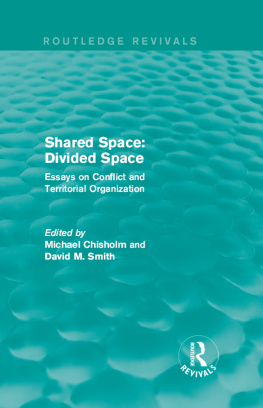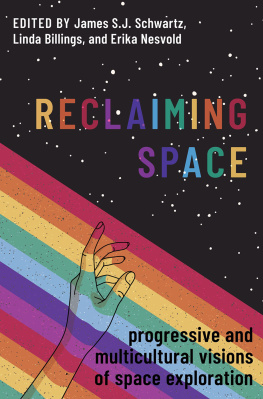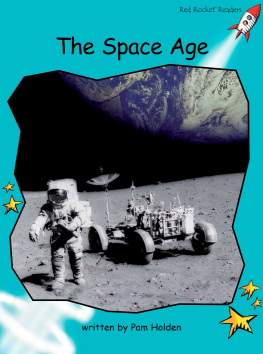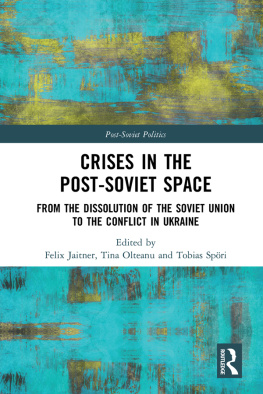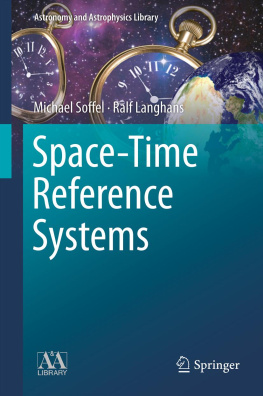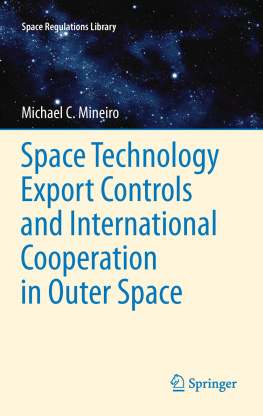Routledge Revivals
Shared Space : Divided Space
This specially commissioned volume of original essays, first published in 1990, provides a unique view of conflict, territorial behaviour and reconciliation between groups social, racial, religious and nationalist within states in both the developed and the developing worlds. The volume as a whole shows the wide range of geographical solutions which have been adopted in attempts to limit conflict and foster stability. This title underlines the importance of a geographical perspective on intergroup conflict and reconciliation, and provides a broad range of real-world experience in carefully chosen case studies. Shared Space : Divided Space will be of interest students of the social sciences as well as to general readers, who will find this title to be accessible and authoritative.
Shared Space : Divided Space
Essays on Conflict and Territorial Organization
Edited By
Michael Chisholm
David M. Smith
First published in 1990
by Unwin Hyman Ltd
This edition first published in 2016 by Routledge
2 Park Square, Milton Park, Abingdon, Oxon, OX14 4RN
and by Routledge
711 Third Avenue, New York, NY 10017
Routledge is an imprint of the Taylor & Francis Group, an informa business
1990 Michael Chisholm, David M. Smith & Contributors
The rights of Michael Chisholm and David M. Smith to be identified as editors of this work has been asserted by them in accordance with sections 77 and 78 of the Copyright, Designs and Patents Act 1988.
All rights reserved. No part of this book may be reprinted or reproduced or utilised in any form or by any electronic, mechanical, or other means, now known or hereafter invented, including photocopying and recording, or in any information storage or retrieval system, without permission in writing from the publishers.
Publishers Note
The publisher has gone to great lengths to ensure the quality of this reprint but points out that some imperfections in the original copies may be apparent.
Disclaimer
The publisher has made every effort to trace copyright holders and welcomes correspondence from those they have been unable to contact.
A Library of Congress record exists under LC control number: 89070554
ISBN 13: 978-1-138-92753-7 (hbk)
ISBN 13: 978-1-315-66752-2 (ebk)
SHARED SPACE: DIVIDED SPACE
Essays on Conflict and Territorial Organization
EDITED BY
Michael Chisholm
University of Cambridge
David M. Smith
University of London
M. Chisholm, D. M. Smith & contributors 19
This book is copyright under the Berne Convention. No reproduction without permission. All rights reserved.
Published by the Academic Division of
Unwin Hyman Ltd
15/17 Broadwick Street, London W1V 1FP, UK
Unwin Hyman Inc.,
8 Winchester Place, Winchester, Mass. 01890, USA
Allen & Unwin (Australia) Ltd,
8 Napier Street, North Sydney, NSW 2060, Australia
Allen & Unwin (New Zealand) Ltd in association with the Port Nicholson Press Ltd,
Compusales Building, 75 Ghuznee Street, Wellington 1, New Zealand
First published in 1990
British Library Cataloguing in Publication Data
Shared space / divided space: essays on conflict and territorial organisation.
1. Human. Geography. Spatial aspects.
I. Chisholm, Michael. II. Smith, David M. (David Marshall), 1936
304.238
ISBN 0-04-445153-9 ISBN 0044457146
Library of Congress Cataloging in Publication Data
Shared space / divided space: essays on conflict and territorial organization / edited by Michael Chisholm and David M. Smith.
p. cm.
Includes bibliographical references.
ISBN 0-04-445153-9 ISBN 0044457146
1. Ethnic relations. 2. Human territoriality. 3. Nationalism.
I. Chisholm, Michael, 1931 . II. Smith, David Marshall, 1936-
GN496.S53 1990
305.8dc20
89-70554 CIP
Typeset in 10 on 12 point Bembo by Computape (Pickering) Ltd,
North Yorkshire and printed in Great Britain by the University Press, Cambridge
When we speak of a nation or a state, we generally assume that it is cohesive and that its citizens share a national interest which transcends class, language, race or creed. In practice, many countries experience deep internal divisions based on distinctive group identities, which often have a geographical expression. The manner in which the use of space is controlled, including the temporal rhythm of life in the spatial domain, has an important bearing on the control of conflict among individuals and groups, and on the extent to which divisions and differences within the population are reinforced or ameliorated. The organization of territory may contribute to social cohesion or it may exacerbate divisions, and consequently affects in an intimate way the survival and reproduction of society, or its demise. The ongoing interaction between the structure of society and its spatial form is a theme of critical importance in contemporary human geography and also in the work of social analysts more generally.
The idea for this book originated on a flight from Tel Aviv to London in 1986. The editors were returning from their first visit to Israel (as members of a group of British geographers invited under the auspices of the Academic Study Group for Israel and the Middle East). Experience in the field with Israeli colleagues opened our eyes and minds to the reality of life in shared yet divided space in a particularly volatile part of the world. As we shared our observations, it occurred to us that there is no up-to-date collection of case studies which conveys the extraordinary variety of such conflict situations in the contemporary world, and the similarly varied responses to the problem of how space can be organized. The territorial conflicts within Israel, Northern Ireland and South Africa are well known. Less familiar, perhaps, are the tensions which exist within the Indian sub-continent, within Australia and Canada, in parts of the Soviet Union, and elsewhere. And often unrecognized are the echoes of these problems which can be found in most societies, including Great Britain.
We have assembled a collection of essays, each of which addresses the theme of conflict and territorial organization in the context of specific contemporary societies. We attempt to show the diversity of the human experience and of the ways in which societies have actually responded to problems they face in sharing and dividing space. In this sense, the volume is descriptive of the world as it is and makes no claim to prescribe. As editors, we have encouraged our contributors to link their case material to the general themes they consider appropriate, but we have deliberately refrained from suggesting a common theoretical perspective, confident that reality must inform theory just as much as reality requires some theoretical framework for its interpretation.
We are grateful to our contributors for their help and co-operation. We hope that this volume is some compensation for their labours, though of course we accept responsibility for any defects there may be in its overall structure.



